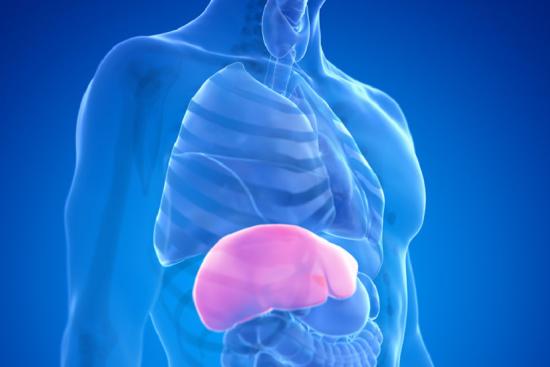A liver transplant can feel overwhelming, with concerns about health, cost, and the future, especially as liver disease starts to affect daily life.
Liver transplantation in Turkey is one of the most effective treatments for advanced liver failure or serious liver conditions.
Istanbul is a leading destination for this procedure, offering expert medical teams, advanced surgical techniques, and specialized centers that care for patients from around the world.
Risks and Side Effects
- Rejection of the liver
- Vascular and biliary complications
- Complications related to anesthesia
Liver transplant cost in Turkey
The cost of a liver transplant can vary depending on several factors, including the complexity of the procedure, the hospital, and the surgeon's experience. With Turquie Santé, you can receive a personalized estimate tailored to your medical needs and treatment plan.
Our competitive pricing ensures that you have access to high-quality care in Turkey without compromising on safety or comfort. From preoperative assessments to postoperative follow-up, we provide a fully coordinated journey to make your transplant experience as smooth and stress-free as possible.







